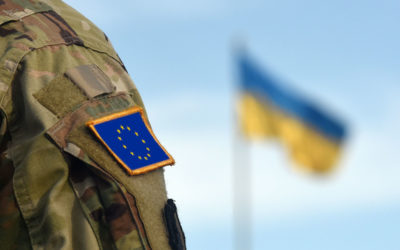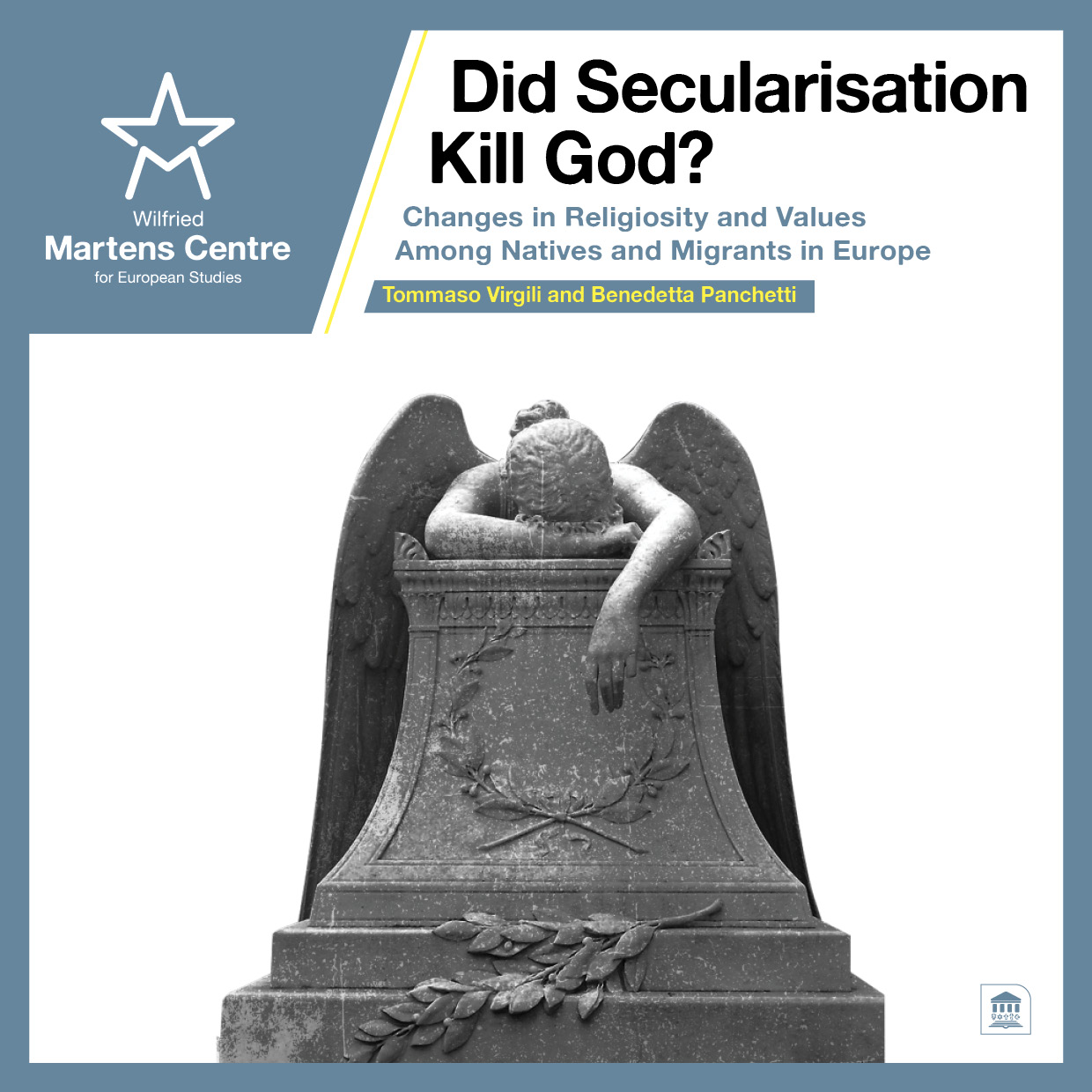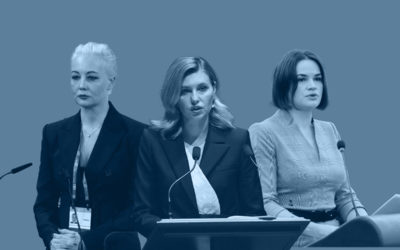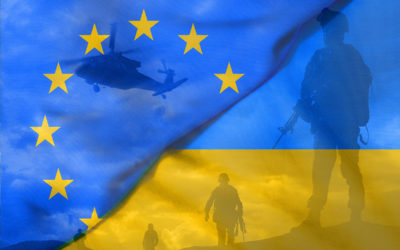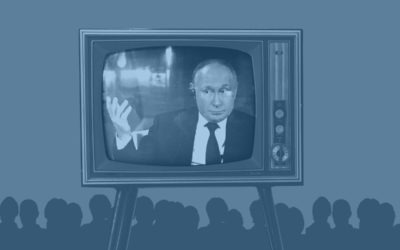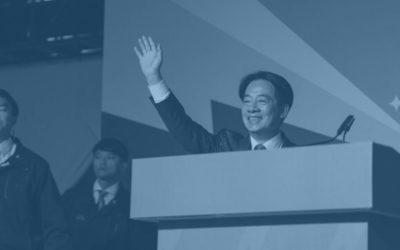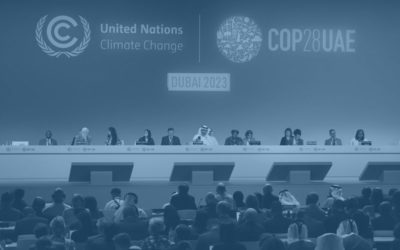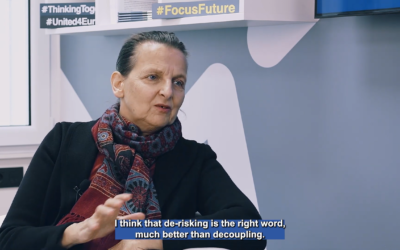Curtain Call for Lukashenka?
29 June 2020
While most of the world underwent some degree of confinement due to the spread of COVID-19, the Belarusian government not only denied the existence of the virus, it actually continued with business as usual, scheduling the country’s presidential election for August 9. While in the past, Lukashenka’s victory was a given, this time the election’s outcome is not as predictable. For the first time in 26 years, there are real contenders who could challenge the sitting President.
In order to qualify for the election, candidates must secure a minimum of 100,000 signatures, which will be verified on July 14. Popular YouTube blogger Sergei Tikhanovski was considering joining the race, but since he was detained and then banned from running, it seems there will be two candidates allowed to go forward, besides those controlled by the government. They are the former Chairman of Belgazprombank, Viktor Babariko, (also currently detained) and the former leader of the Belarusian IT hub Hi-Tech Park, former ambassador to the United States, and Deputy Head of the Foreign Ministry, Valeri Tsepkalo. The surprising thing about these names is that they are not part of the opposition – they are regime insiders, members of the business elite.
While jailing opposition leaders, intimidating independent media, and cracking down on peaceful protests continues to be the modus operandi of Lukashenka, this constitutes a deeper development that the regime cannot control. Belarusians are discontent with the government and are taking their frustration to the streets. The hundreds of people demonstrating against Lukashenka’s re-election demonstrate their courage and strong motivation for change, especially when considering the unorthodox methods of repression employed by the government.
Years of economic stagnation, a pessimistic economic forecast of a 4 to 5% decline in the country’s GDP by the end of the year, increasing pressure from Russia, and a disregard for fundamental freedoms have led civil society to actively voice their opposition to the establishment’s methods. The fact that two other candidates from the regime’s inner circle stand ready to challenge the status quo is a strong political signal.
It is difficult not to draw similarities between what is happening in Belarus and the Revolution of Dignity in Ukraine back in 2014. Belarusian civil society is expressing its dissatisfaction with the lack of democracy, close ties to Russia, and abuse of freedoms by the government – a very similar picture to what we saw on Majdan Square during Yanukovych’s rule. In the worst-case scenario, Lukashenka can decide to follow Yanukovych’s footsteps, and resort to using violence against protesters, but too many eyes are watching. Several MEPs issued a statement on Belarus on June 18, calling for a fair campaign and a fair election. The EU and the Organisation for Security and Co-operation in Europe (OSCE) both have condemned the crackdown on peaceful protests.
Looking back at the Ukrainian experience, we can definitely say that a push for change from civil society can be very powerful and lead to significant developments. In the Belarusian case, it does not necessarily mean regime change. Lukashenka’s demise has been predicted several times in the past, but he has survived to this day. However, it is important that Belarusian people understand that they are standing at a crossroads between the status quo of an authoritarian regime and a democratically elected President. “Choosing” the regime means remaining in Russia’s orbit, who resorts to blackmail if things don’t go as planned. Indeed, the Kremlin has cut oil flows to Belarus earlier this year, after the collapse of last year’s talks between Russia and Belarus over forming a “union state”.
For the elections to be free, fair, and transparent, all candidates should have equal access to independent media, which unfortunately will not be the case. Opposition leaders are being detained, threatened and silenced. Nevertheless, long queues to place a signature for a candidate, despite COVID-19, have shown that Belarusians highly value democracy and structural reforms. A poll conducted by independent media outlets, later banned, placed Lukashenka with only 6% support within the country.
As in the case of Ukraine, there is no magic spell to transition from repression of political opponents and peaceful protesting, to full democracy – it takes time, strong will, and perseverance. But having the option of choosing a President freely is a prerogative of the Belarusian people, one that the citizens are fighting for.
Belarus’ southern neighbour, Ukraine, has undoubtedly beat the old corrupt system of elections, as its people have now voted freely in two Presidential elections since the protests on Majdan. The country still has a long way to go in terms of reforms, but a democratically elected President is the first and most important step towards success.
Belarus would benefit immensely from the respect of democratic values, closer ties to the EU, structural reforms, and a break from the past. After 26 years in power, it’s time for Lukashenka to accept the new direction that Belarusian citizens are asking for. Should he win the election, he must let go of the old ways and embrace the fundamental freedoms that the country deserves.

ENJOYING THIS CONTENT?




